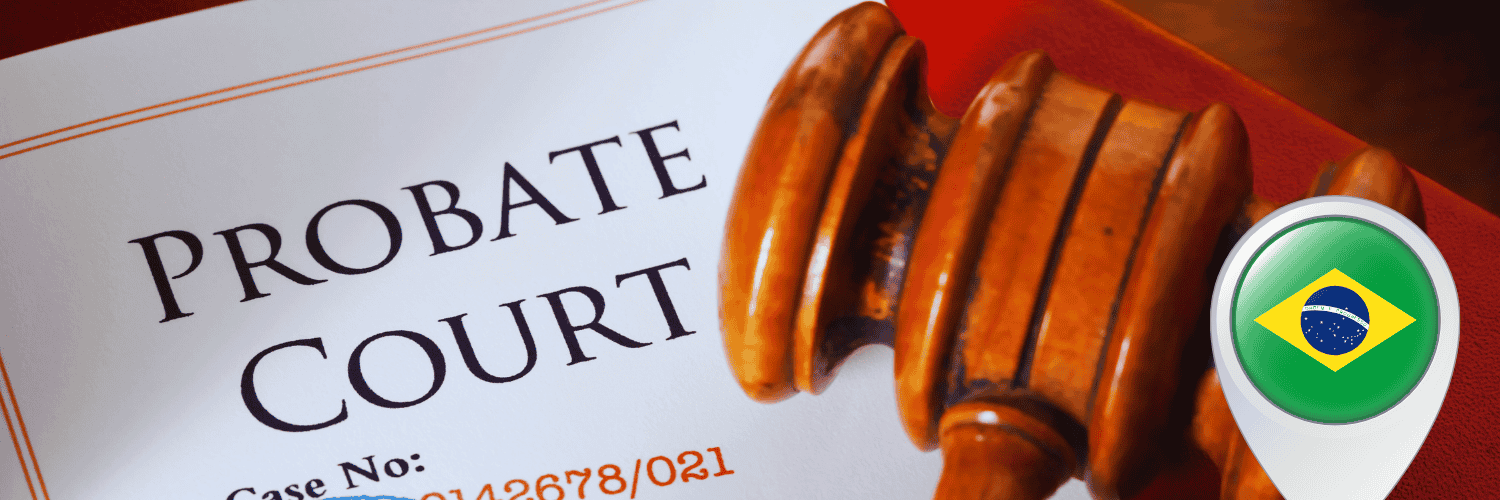Will the US Consulate in Brazil Assist with Inheritance Probate?
Many US citizens wonder about US Consulate in Brazil inheritance probate matters when a loved one’s estate requires administration. The short answer is no. Consular officers focus on emergencies and critical issues for American travelers. Handling a Brazilian inheritance lawsuit or dispute is not part of their core mission. They issue passports, respond to urgent needs if you are arrested or face sudden health problems, and sometimes help coordinate logistics when a US citizen passes away in Brazil. However, their priorities—defined by US Department of State policies—do not extend to legal representation or local court proceedings.
Lack of Advisory Services for Probate Cases
It may surprise some to learn that Consulates rarely engage in estate disputes or the complexities of Brazil’s probate proceedings. Brazilian inheritance law is governed by the Civil Code and differs from US law. To resolve a probate in Brazil, you almost always need a local attorney. Required steps include presenting official documents of the deceased, notifying all potential heirs, and adhering to estate-administration rules. Consular officers do not advise on these steps or prepare the necessary probate documents.
What the Consulate Actually Does
While they cannot walk you through a lawsuit, the Consulate does offer one useful service: an attorney referral list. You can find it at
https://br.usembassy.gov/u-s-citizen-services/attorneys/. This list helps you locate Brazilian attorneys who serve foreign clients—particularly useful for US Consulate in Brazil inheritance probate concerns. Such attorneys often handle cross-border estates and property in different jurisdictions. With a qualified local attorney, you can file the necessary petitions, manage local formalities, and protect your interests during probate.
Exceptions for Document Services
If you’re physically present in Brazil, the Consulate can:
- Notarize a power of attorney (for someone to act on your behalf).
- Assist with certain US documents (e.g., birth or marriage certificates) needed in probate.
However, they do not translate documents or interpret Brazilian law. You’d need a certified translator or local notary for official translations, if required by the court.
Why a Local Attorney Matters
Hiring a lawyer in Brazil is crucial because probate often involves multiple procedural steps that can drag on without the right expertise. A legal professional fluent in Portuguese and knowledgeable about Brazilian inheritance rules can represent you effectively, coordinate with the courts or notaries, and safeguard your rights if disputes arise with co-heirs or outside parties. That familiarity with local court practices helps avoid unnecessary delays or errors.
In a Nutshell
- The Consulate does not handle probate cases, provide legal advice, or represent you in court.
- They focus on urgent assistance for US citizens and basic document services.
- If you need specialized representation, check the Consulate’s attorney referral list.
- A knowledgeable professional will navigate Brazil’s inheritance procedures, handle potential litigation, and uphold your interests under Brazilian law.
Watch our video here:


